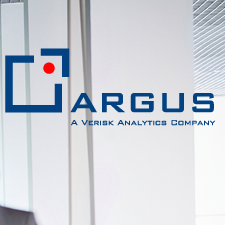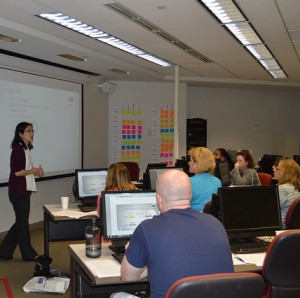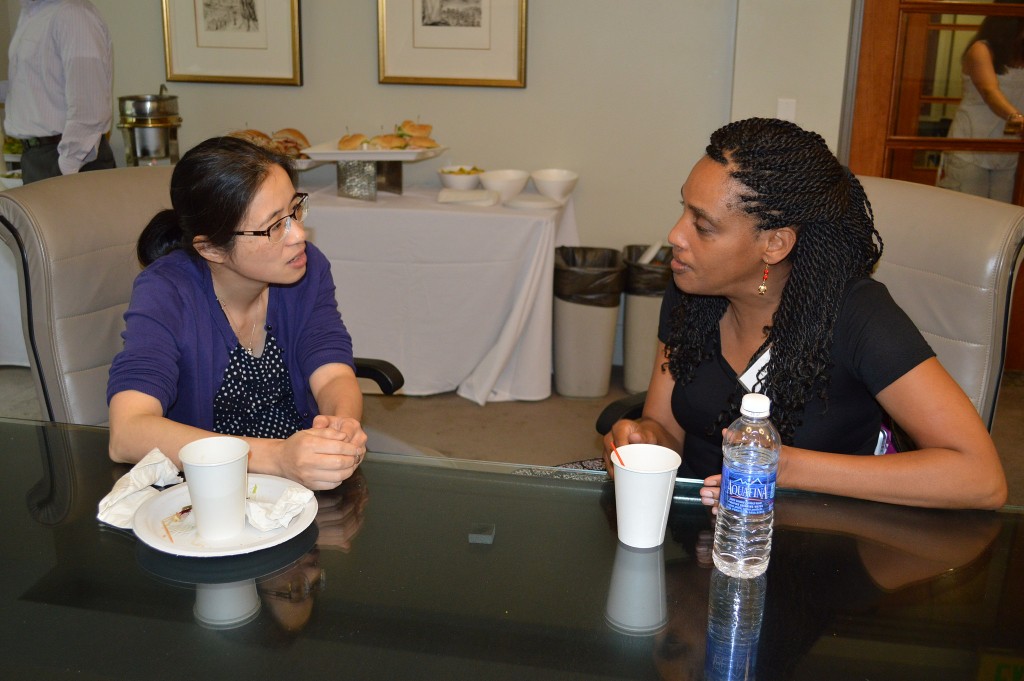I am working with Argus Information and Advisory Services. They perform a broad range of financial analytics ranging from benchmarking, wallet analysis, syndicated studies as well as regulatory functions with credit card transaction and account-level data.
2. Can you tell us a little about what you are doing? (We might not understand the technicalities, but we’d love details!)
I am presently working on a regulatory project. Our client is a US government institution and we are vested with the task of performing data validation and ensuring a high quality of data is maintained when millions-upon-millions of transaction-level data comes in every month. This requires that I have good Excel and SQL Server skills, and that I am able to scan through thousands of lines of code to edit segments that need to be re-written when something changes with the way data was sent in the current month. We also routinely run ad-hoc projects that involve querying the data or performing certain data-manipulations to derive specific insights or answer questions the client needs.
3. Is there a particular class or professor at Seidenberg that has helped you prepare specifically for your current internship? (Clearly, we’re all about shout outs this summer!)
Since I am working with databases all day long in this position, I think my database specialization is proving useful. Dr. Namchul Shin’s courses have given me a good background that I have an opportunity to seriously enhance this summer and beyond.
4. Does your new office have a favorite restaurant/hangout they go to after work? (No! we’re not going to show up like proud parents!)
I work in White Plains, NY and we have dozens of places to go to for lunch or hang out after work. Downtown White Plains is a pretty vibrant place and it doesn’t look like we will run out of options any time soon!
Nachiket Pingle is completing his MS in Information Systems and is entering the second year of his graduate program.













